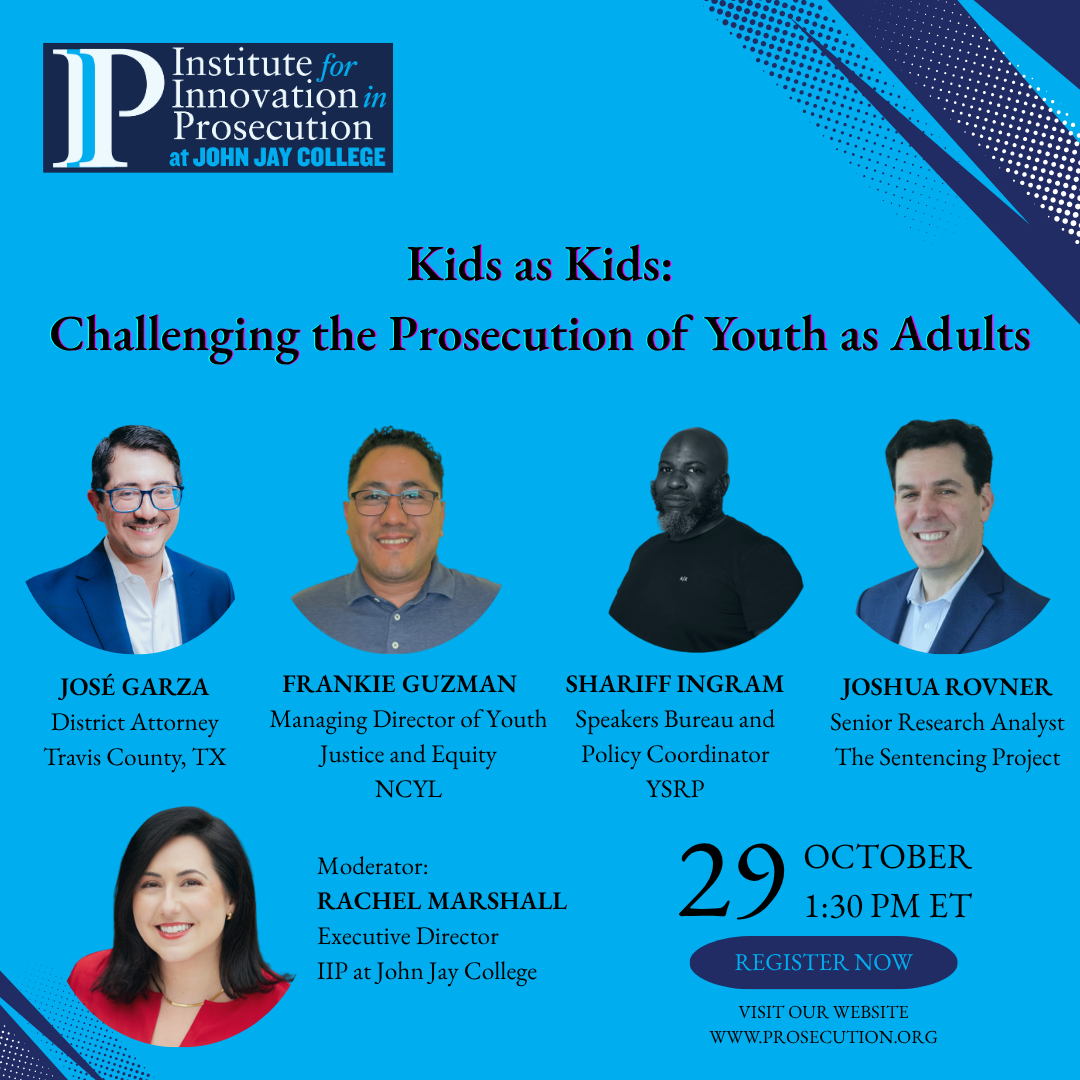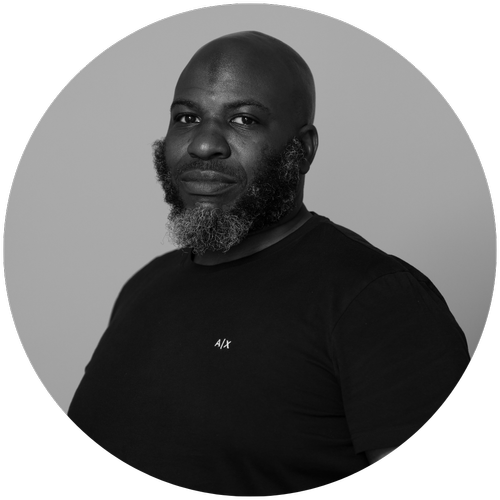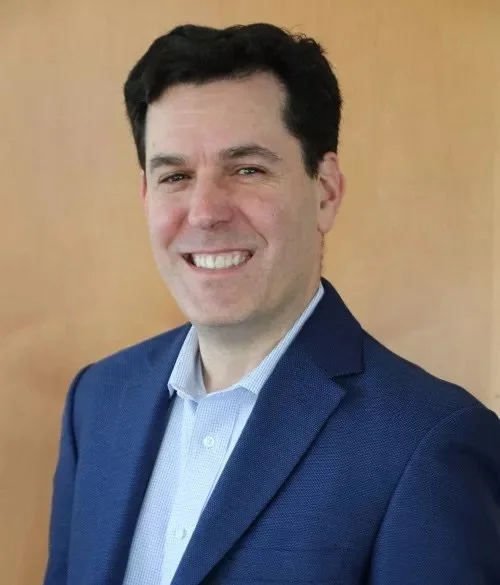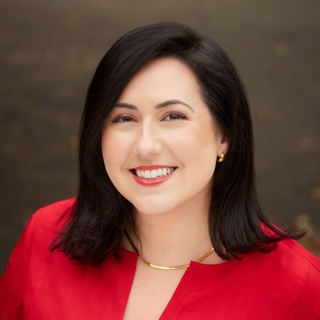Kids as Kids: Challenging the Prosecution of Youth as Adults
Wednesday, October 29th, 2025 at 1:30 PM ET
Our webinar, Kids as Kids: Challenging the Prosecution of Youth as Adults, explores considerations for prosecutors in navigating decisions when youth are alleged to have committed serious crimes that are legally eligible for charging in the adult system. How should prosecutors approach these cases? How do youth in the adult system fare compared to youth who remain in the juvenile system? What should prosecutors know and consider when wrestling with decisions about where to charge youth who commit serious offenses? How should prosecutors consider particularly harsh sentences kids may face, including juvenile life sentences?
Our discussion dives into adultification bias, legislative mandates for transitional age youth, and political pressure to pursue higher charges and longer sentences. Prosecutors will learn about the many opportunities to offer rehabilitative and supportive interventions for highly receptive youth. Our panelists include:
José Garza, District Attorney, Travis County, TX;
Frankie Guzman, Managing Director of Youth Justice and Equity, National Center for Youth Law;
Shariff Ingram, Speakers Bureau and Policy Coordinator, Youth Sentencing and Reentry Project;
Joshua Rovner, Senior Research Analyst, The Sentencing Project; and
Moderator Rachel Marshall, Executive Director, IIP
Our webinar also explores questions of race and forms of bias that lead decisionmakers to view and treat Black and Brown young people as older than white young people. In addition to exploring questions about prosecuting kids as adults, this discussion also address challenges around the prosecution of transitional age youth: young adults who are, by law, only eligible to be tried as adults, but still display some of the unique features and needs of youth. Should transitional age youth be prosecuted differently than older adults—and how so? What are some of the unique challenges this population presents? Finally, this session reviews recent legal changes that have been implemented and are being sought in many states around youth eligibility for adult sentences, including Raise the Age laws.
Frankie Guzman
Managing Director of Youth Justice and Equity, National Center for Youth Law
Frankie Guzman is the Managing Director of Youth Justice & Equity at the National Center for Youth Law, where he leads a team of attorneys, policy advocates, and community organizers to transform youth justice systems. Frankie's work is focused on eliminating the practice of prosecuting and incarcerating children in the adult criminal system, reducing youth’s involvement with juvenile justice system, increasing developmentally appropriate services and opportunities for youth and young adults, and eliminating racial and ethnic disparities in the youth justice system.
As a youth, Frankie was sentenced to serve 15 years in the California Youth Authority for armed robbery. Released on parole after serving six years, Frankie attended UC Berkeley and UCLA School of Law, and became an expert in youth law and policy, focused on ending harsh punishments of youth and expanding health-based alternatives to achieve public health and safety.
Speakers Bureau and Policy Coordinator, Youth Sentencing and Reentry Project
Shariff Ingram
Shariff fulfills requests to share YSRP’s mission by those most affected by youth incarceration using trauma-informed, values-aligned processes, centering our client-partners in the work by giving them the opportunity to share their personal experiences with mass incarceration. In addition to facilitating requests from schools, organizations, media outlets, or anyone wanting to know about the work of YSRP, Shariff shares his personal story and that of other former juvenile lifers. Incarcerated at age 15, Shariff himself was charged and convicted in adult court, and sentenced to a mandatory life sentence without any chance for parole. He served 23 years before being released after a US Supreme Court decision (Montgomery V. Louisiana) made retroactive an earlier decision (Miller V. Alabama) that it was unconstitutional to sentence children to a mandatory life sentence without parole.
Since his release from prison in 2020, Shariff has mentored youth through organizations like the Institute for the Development of African American Youth (IDAAY) in Philadelphia, supporting children labeled “high risk” for violence. He spent four years working full-time in construction, from highway concrete paving to bridge building, and served for two years on the Advisory Committee of the Pennsylvania Prison Society. Shariff is also a member of YSRP’s Intergenerational Healing Circle.
Through his lived experience as a child who went through the system, he advocates for policy change so that we can see a future where no kid has to go through what he and others like him had to experience!
Senior Research Analyst, The Sentencing Project
Joshua Rovner
Joshua Rovner joined The Sentencing Project in 2014. His work aims to limit the number of children and adolescents involved in the juvenile and adult justice systems by closing pathways to adult courts and supporting alternatives to incarceration. His work also encompasses youth serving extreme sentences.
Josh’s work has supported reforms in numerous states through research and testimony. He is the author of several papers and fact sheets for The Sentencing Project, including “Juvenile Life Without Parole: An Overview;” “Too Many Locked Doors: The Scope of Youth Confinement is Vastly Understated;” and data analyses on racial and ethnic disparities in youth justice. He has had opinion pieces published in the Atlantic, the Washington Post, the Houston Chronicle, and the Hartford Courant.
Prior to joining TSP, Josh has worked on public health campaigns, such as access to primary and mental health care, tobacco prevention, and comprehensive health education, that continue to frame his outlook on child and adolescent well-being. He previously worked at the School-Based Health Alliance, Metro TeenAIDS, the Campaign for Tobacco-Free Kids, and the Council of the District of Columbia. He earned his undergraduate degree in political science from the University of Rochester and a Master of Public Policy from the George Washington University.
Travis County District Attorney, TX
José Garza
José P. Garza was elected by the people of Travis County and took office on January 1, 2021. José P. Garza was re-elected as the Travis County District Attorney by the people of Travis County in November 2024 and sworn in to serve his second term on January 2, 2025. During his tenure as District Attorney, he has prioritized reducing gun violence, centering the needs of survivors and victims in the criminal legal process, and rebuilding the community’s trust in the criminal justice system. Under his leadership, the Travis County District Attorney’s Office has sought to ensure that those who commit acts of violence in our community are held accountable and championed data-driven strategies to address the root causes of crime.
DA Garza is a graduate of the University of Texas and Catholic University School of Law. Prior to being elected as Travis County’s District Attorney, Garza clerked for a federal district judge, served as a public defender with Texas Rio Grande Legal Aid and the Office of the Federal Public Defender, worked in Washington, DC at the U.S. Congress, National Labor Relations Board, and the U.S. Department of Labor, and was the Executive Director of Workers Defense Project.
Executive Director, Institute for Innovation in Prosecution at John Jay College
Rachel Marshall
Rachel Marshall is the Executive Director of the Institute for Innovation in Prosecution.
Rachel previously served as the Director of Communications and Policy Advisor at the San Francisco District Attorney’s Office, following nearly a decade working as a public defender in Alameda County, California. Rachel has extensive expertise in the criminal legal system and efforts to reform it, as well as experience in media, policy, and advocacy.
Rachel graduated from Stanford Law School and Brown University. After law school, she clerked for federal District Court Judge David O. Carter in the Central District of California. Prior to law school, she taught high school history for three years in the Bronx






